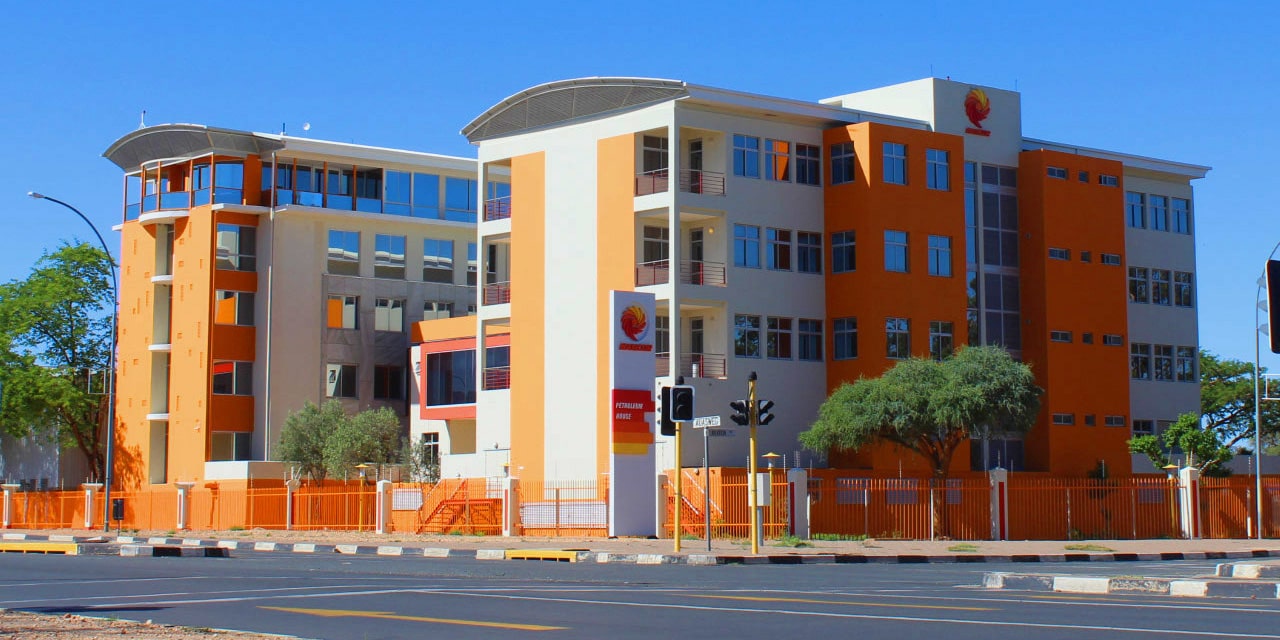NIËL TERBLANCHÉ
Calls to hold Telecom leadership accountable are mounting after the recent cyber attack on the company’s data infrastructure.
Many citizens took to social media calling for the CEO to bear ultimate responsibility for ensuring the safety of customer data and the board for its fiduciary duty to ensure the organization is managing risks effectively.
“The management and board must be held accountable for the way they dealt with this disaster, which by their own admission happened three weeks ago and they did not even bother notifying the affected customers,” said Namene Kalili a business development and management innovation consultant Information Technology (IT).
Data science specialist Rauna Shipena added that the CEO must explain whether the breach was due to negligence or a systemic failure in the organization’s protocols.
“If leadership failed to allocate resources to cybersecurity or oversee proper risk management, accountability rests at the top,” she said.
According to Shipena, a breach of this magnitude suggests vulnerabilities that may include outdated systems, insufficient monitoring, or failure to act on prior warnings.
She added that if the board failed to provide necessary oversight, they too bear responsibility.
“This includes approving budgets for cybersecurity, questioning the adequacy of policies, and holding executives accountable for lapses,” she said.
Melvin Angula, the chief executive officer of Letshego Financial Services Namibia and an ICT policy expert added that cybersecurity is not just an IT issue but also a business continuity and reputational risk issue.
“Protecting our critical infrastructure, safeguarding sensitive customer data, and staying ahead of cybercriminals will determine the trust and growth of Namibia’s digital economy,” he said.
Angula stressed that the attack serves as a wake-up call for both public and private sector organisations.
“Robust cybersecurity frameworks are no longer optional—they are essential. Investments in prevention, such as advanced firewalls, incident response systems, and employee awareness programmes, are far more cost-effective than recovering from breaches,” he said.
Angula called for the urgent enforcement of Namibia’s Data Protection Act and the development of strong cyber resilience strategies to protect critical infrastructure and sensitive data.
“Cybersecurity is not just an IT issue; it is a business continuity and reputational risk issue. Protecting our critical infrastructure, safeguarding sensitive customer data, and staying ahead of cybercriminals will determine the trust and growth of Namibia’s digital economy,” he added.
In the meantime, the Ministry of Health and Social Services (MoHSS) has taken decisive measures to secure its computer systems following the cyber attack that compromised parts of its Pharmaceutical Management Information System (PMIS) dashboard.
Ben Nangombe, the ministry’s executive director, confirmed that while some files and databases were accessed, the core dashboard database remained operational.
“Our IT teams jumped into action immediately to assess the extent of the breach. The precaution to isolate the server was necessary to prevent potential damage and mitigate the risk of the breach spreading to other servers,” he explained.
Nangombe described the PMIS dashboard as a vital tool that supports Namibia’s healthcare system, enabling the management of medicine stock and redistribution across public health facilities.
“The dashboard database contains aggregated data on monthly stock levels, patient statistics, and pharmaceutical performance indicators. It does not contain personally identifiable patient records,” he said.
He, however, acknowledged that the attack exposed the names and email addresses of primary users, mainly pharmacy personnel.
“At this point, there is no indication that the leaked data contains personally identifiable information,” he assured.
The executive director of the Office of the Prime Minister, I-Ben Nashandi, confirmed that while hackers successfully breached some systems, there is no evidence of further leaks beyond the affected platforms.
“At the government level, apart from compromised information from the Ministry of Health and Social Services, no personal data has been leaked from the government data centre,” he stated.
Nashandi also assured the public that government systems are being rigorously monitored and updated to prevent future breaches.
Emilia Nghikembua, CEO of the Communications Regulatory Authority of Namibia (CRAN), again stressed the urgency of strengthening national cybersecurity and said the breach has raised alarms about the evolving nature of cyber threats targeting Namibia’s critical infrastructure.
“Cyber threats are rapidly evolving and targeting critical sectors, posing significant risks to our digital infrastructure and economic stability,” she said.
As part of precautionary measures, she urged the public and private organisations to adopt robust cybersecurity practices.
Nghikembua advised individuals to frequently update passwords, enable multi-factor authentication, and implement secure backup strategies.




